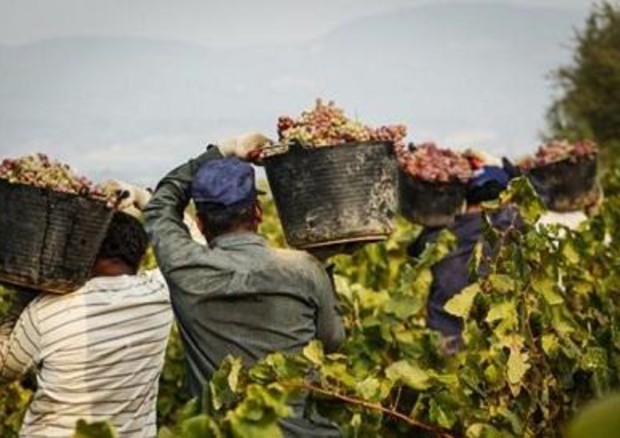The Trump administration has ordered Immigration and Customs Enforcement (ICE) to suspend most raids on facilities employing foreign labor in the agriculture, hospitality, food service, and meat processing sectors. Donald Trump himself admitted on Truth Social that mass deportations are hurting agriculture and the economy, acknowledging that the deportation of “very valuable and longstanding” workers in farms and tourist facilities is creating “gaps that are hard to fill.”
It is a startling admission, confirming that his own immigration policies are affecting indispensable workers and that many undocumented immigrants are by no means “stealing” jobs from Americans, as often claimed. Rather, they are doing the hard and unpleasant work that “Americans” won’t do.
Trump took office in January and initiated a policy of deporting millions of immigrants present in the United States, a choice criticized by opponents as unconstitutional.
In recent months, while ICE has focused on removing criminals, thousands of immigrants without criminal records have been deported along with them. The agency’s more aggressive tactics–including raids in Los Angeles–have drawn protests and reactions from Democrats and even some Republican lawmakers have called on the administration to focus its efforts on those who pose a real threat.
“We will follow the president’s lead and continue to work to get the worst of the worst criminal illegal aliens off American streets,” said Tricia McLaughlin, spokeswoman for the Department of Homeland Security, responding to a question about ICE’s new guidance.
U.S. agricultural industry groups have long called for the sector to be spared deportations, which–as is already happening–are disrupting the economics of the food supply chain, which is heavily dependent on immigrant labor. The situation is much the same in the meat processing sector where recent ICE raids on processing plants have significantly disrupted operations, particularly at Glenn Valley Foods in Omaha, Nebraska, where on June 10, 2025, federal agents detained over 70 workers, cutting the plant’s workforce by nearly 50% and slashing production to 30% of normal capacity.
The uncertainty surrounding labor availability has caused fluctuations in cattle futures at the Chicago Mercantile Exchange, a key indicator of the economy’s health. Furthermore, local small businesses in places like Omaha are suffering– particularly those serving immigrant communities– as they have reported cancellations of events like quinceañeras and baptisms due to the emotional toll of the raids.
The resulting shortage in production in the agricultural and meat processing sectors will almost certainly affect prices on the retail level, thereby affecting all consumers as well.












